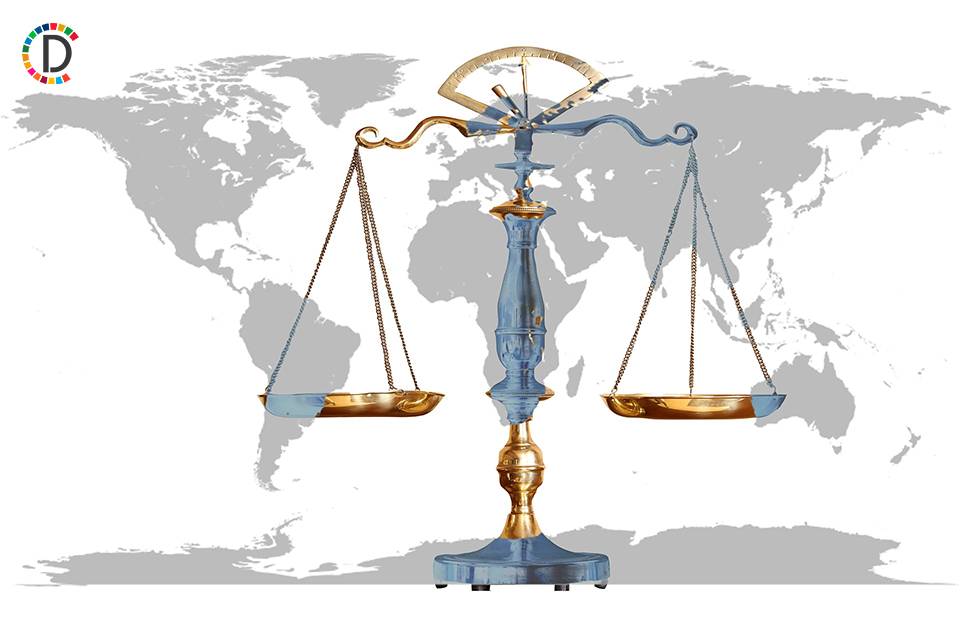Supply chain agreement under IPEF likely to provide number of benefits to India: Commerce ministry

Implementation of the supply chain agreement being finalised among the 14-member IPEF grouping is expected to extend a number of benefits to India, including boosting domestic manufacturing and mobilisation of investments, the commerce ministry said on Thursday.
Members of the Indo-Pacific Economic Framework (IPEF) concluded the negotiations on the proposed agreement, one of the four pillars of the Indo-Pacific Economic Framework for Prosperity (IPEF), on May 27 in Detroit.
''Once implemented, the Supply Chain Agreement is expected to bring in a number of benefits to India and the other IPEF partner countries,'' it said.
Some of the key benefits expected are potential shift of production centres in key goods/critical sectors to India; bolstering of domestic manufacturing capacities; mobilization of investments especially in production of key goods, logistics services and infrastructure, the ministry said.
It may also help in increasing exports from India; mitigation of risks of economic disruptions to India from supply chain shocks/adverse events; creation of a seamless regional trade ecosystem facilitating flow of Indian products, it added.
The ministry said that India and other partner countries will continue to engage to ensure effective implementation of the agreement to make IPEF supply chains more resilient and robust.
It said that this pact is ''one of the fastest ever'' concluded plurilateral economic cooperation agreements.
Under this, IPEF partner countries are seeking to make supply chains well-integrated through crisis response measures; cooperation for mitigation of the effect of disruptions to better ensure business continuity, and improve logistics and connectivity.
IPEF was launched jointly by the US and other partner countries of the Indo-Pacific region on May 23 last year in Tokyo.
The framework is structured around four pillars relating to trade, supply chains, clean economy and fair economy (issues like tax and anti-corruption). India has joined all the pillars except the trade one.
Australia, Brunei Darussalam, Fiji, India, Indonesia, Japan, Republic of Korea, Malaysia, New Zealand, Philippines, Singapore, Thailand, the US and Vietnam are members of the bloc.
(This story has not been edited by Devdiscourse staff and is auto-generated from a syndicated feed.)
ALSO READ
Pacific Islands Lead Climate Charge Ahead of COP31
Adityanath's Tokyo Visit: Boosting UP's Global Investment Ties
Suraj Estate Developers Limited Acquires Hally Pacific Private Limited with a potential of ~ Rs200 crore GDV project in Prabhadevi
Casey Costello to Attend US Pacific Investment & Security Summit
Uniform 15 pc tariff would benefit some Asia-Pacific economies: Moody's Analytics










